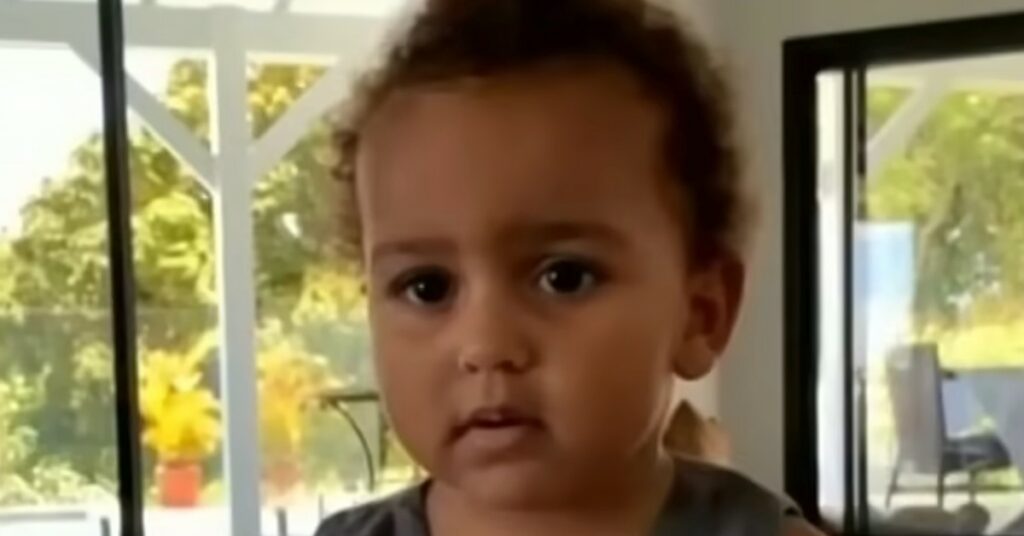In a lawsuit filed in California, a family is suing Airbnb after their 19-month-old son was allegedly severely burned by hot water from a coffee maker in a rented Airbnb apartment. The family claims that Airbnb was negligent in failing to provide a safe environment for their son and that the company’s policies and procedures for ensuring safety were inadequate.
According to the lawsuit, the family rented an Airbnb apartment in Los Angeles in May 2019 for a short vacation. The apartment allegedly had a coffee maker that was placed on a low table in the living room. The family’s 19-month-old son, who was playing in the living room, reportedly pulled on the coffee maker’s cord, causing hot water to spill onto his face and chest, resulting in severe burns.

The family claims that the apartment’s host did not warn them about the potential danger posed by the coffee maker, and that Airbnb failed to inspect the apartment for safety hazards. The family also alleges that Airbnb did not adequately train its employees to identify and address safety concerns.
The lawsuit seeks damages for medical expenses, pain and suffering, and emotional distress. The family’s attorney stated that the lawsuit was filed as a last resort after Airbnb failed to take responsibility for the incident and offer compensation to the family.
Airbnb has faced similar lawsuits in the past, including a 2018 case in which a guest was allegedly attacked and sexually assaulted by a host in a rented apartment. In response to such incidents, Airbnb has implemented several safety measures, including mandatory background checks for hosts and guests, and a 24/7 hotline for emergencies.
However, critics argue that Airbnb’s safety measures are inadequate and that the company should be doing more to ensure the safety of its users. They argue that Airbnb should conduct more thorough inspections of its properties and provide better training to its employees to identify potential safety hazards.
The case highlights the potential risks associated with the sharing economy, in which individuals rent out their homes and other assets to strangers. While sharing economy platforms like Airbnb and Uber have revolutionized the way people travel and access goods and services, they have also raised concerns about safety, security, and liability.
In response to such concerns, regulators and lawmakers have called for stricter safety and liability standards for sharing economy platforms. Some jurisdictions have already enacted laws and regulations requiring sharing economy companies to provide insurance coverage and safety training to their users.
The lawsuit against Airbnb by the family of a 19-month-old boy who was allegedly severely burned by hot water from a coffee maker in a rented apartment highlights the potential risks associated with the sharing economy. While Airbnb has implemented several safety measures, critics argue that the company should be doing more to ensure the safety of its users.
The case underscores the need for stricter safety and liability standards for sharing economy platforms, and the importance of conducting thorough inspections and providing better training to employees to identify potential safety hazards.




